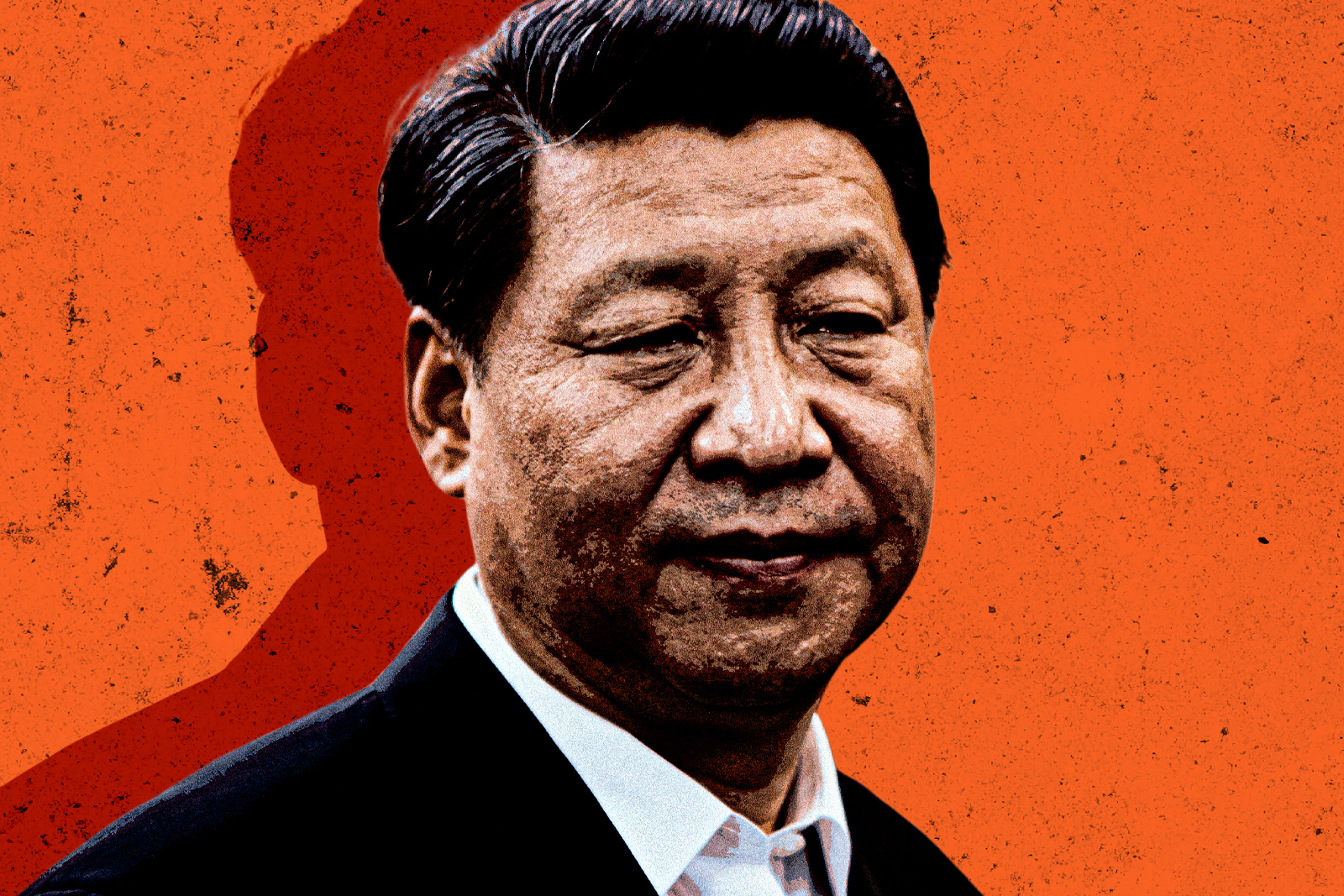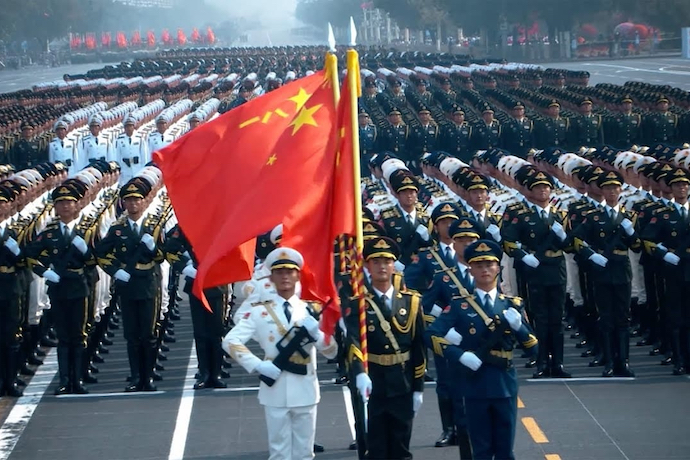
Can the Quad Contain China?
Now that Chinese President Xi Jinping has revealed his new lineup for the Politburo Standing Committee – six men close to him for many years – the Chinese leader has cemented himself as the undeniable and dominant leader of the country. Xi emphasized that he will focus on bolstering China’s security against military, social, and economic threats. With its ally Russia at war with Ukraine, China now understands its own stability is threatened and faces stormy weather ahead.
But the international community is wary of China and Xi’s worldview – not just based on recent political events there, but for a number of years now. For this reason, a number of nations gathered together to explore ways to cooperate and act as a strong counterbalance to China’s growing hegemonic ambitions.
The Quad, otherwise known as the Quadrilateral Security Dialogue, comprising Japan, Australia, India, and the United States, is a multi-lateral diplomatic group formed in part to contain China’s growing influence in the Indo-Pacific arena and reduce its domination there.

According to the Institute for Youth in Policy, the member states of the Quad “share a common vision of containing China’s growing economic and military footprint in the Indo-Pacific, expressed through its expansive maritime claims in the South and East China Sea. Although the U.S. Indo-Pacific Strategy explicitly addresses China, the Quad as a group has refrained from directly mentioning Beijing in their discussions.”
The devastating 2004 Indian Ocean tsunami led India, Japan, Australia, and the U.S. to build an informal alliance for collaborating on disaster relief efforts. In 2007, former Japanese Prime Minister Shinzo Abe formalised it into the Quad. After facing a threat from China in 2017, the Quad expanded its objectives by creating a mechanism that determined to establish a rules-based international order.
In early senior official-level meetings, the four nations found common ground on securing a free and open Indo-Pacific and promoting joint counter-terrorism efforts, according to the Center for Strategic International Studies. “While the Quad has now met on a roughly biannual basis since its 2017 restart, questions still remain as to its ultimate purpose. The Quad continues to exist as an ‘informal’ dialogue that nonetheless raises Chinese accusations of containment.”
During the Communist Party Congress, Xi’s first move it appears was to literally eject Hu Jintao, his predecessor. Jintao was forcibly removed by officials in a deliberate move meant to humiliate him and to show that Xi is in control. The world needs to be extremely concerned about the direction China is going. With Xi’s move, there is now no one who has a different view than him as the CCP is packed with his allies and sycophants.
Xi is today one of the world’s most discomfiting international figures. In his nearly two-hour opening speech to the CCP, Xi spoke of looming “dangerous storms.” He also spoke of self-reliance and the need to win a battle over “key core technologies.” Jinping’s brutal crackdown on even the slightest glimmer of dissent, both within the Chinese Community Party as well as within the broader public sphere, demonstrates his resolve to maintain a strict dictatorship with himself at its helm.
Xi concluded his remarks by saying, “The Party has made spectacular achievements through its great endeavors over the past century, and our new endeavors will surely lead to more spectacular achievements.”
Very clear video of Hu Jintao being hustled out. pic.twitter.com/lqA8MVANMI
— Mike (@Doranimated) October 25, 2022
It is clear that his intentions are to bring China forward and make it a great superpower – possibly at the expense of other nations and similar to what Russian President Vladimir Putin is trying to unsuccessfully achieve in Ukraine. But China is more powerful than Russia and has greater capabilities both economically and militarily.
This superiority, however, should not blind Xi to the fact that just because he wants to extend China’s influence at the expense of the free world, does not mean he can. As Doug Bandow writes, Xi “overvalues confrontation as a foreign policy tool. This failing is evident in both ‘Wolf Warrior’ and COVID-19 diplomacy, which so far internationally have been busts.”
China has few friends and one of its greatest allies, Russia, is tied up in its own war at the moment. Its foreign policy of buffaloing other nations, such as Taiwan, will backfire and China will see itself on the fringes of the international community. Xi should make efforts to join the family of nations and not attempt to become their overlord in a manner similar to what he has done domestically.
China’s Belt and Road Initiative, which sees numerous Chinese infrastructure projects springing up around the globe and especially in Africa, is viewed as Xi’s way of injecting China’s influence into other countries. By dominating the local industries, nations become reliant on China, and China in return becomes a more important and necessary player.
But the Belt and Road Initiative is also draining China of crucial financial resources as the leadership continues to institute politicized economic policies. One glaring example is the disappearance and quiet reemergence of Alibaba founder Jack Ma, an outspoken individual whom the CCP appears to view as a threat. But it is commonly believed that the more the state interferes in the economy, the greater the harm. China is doing itself no favors by pressuring its own people and intimidating its own workers.
With domestic and foreign policy problems growing, Xi Jinping may initially want to bluster his way through international diplomacy and charge defiantly over global norms, but such short-sighted leadership will only set China back further and alienate it from the international community. Now is the time for China to shed its hegemonic ambitions, quit attempts to reign supreme in the Indo-Pacific, and reduce the flame of antagonism.
The White House emphasized last May the Quad’s focus on a number of goals including cybersecurity, emerging technologies, climate change, and peace and stability. The goal is noble of course but with actors like China in the region, dreams tend to be hampered by reality. The Quad will need to take a tougher stance against China if it intends to achieve its ambitious goals. Only then, will the Quad have fulfilled its unique and crucial mission of ensuring peace and stability in the Indo-Pacific as well as serving as a bulwark against Chinese aggression.

